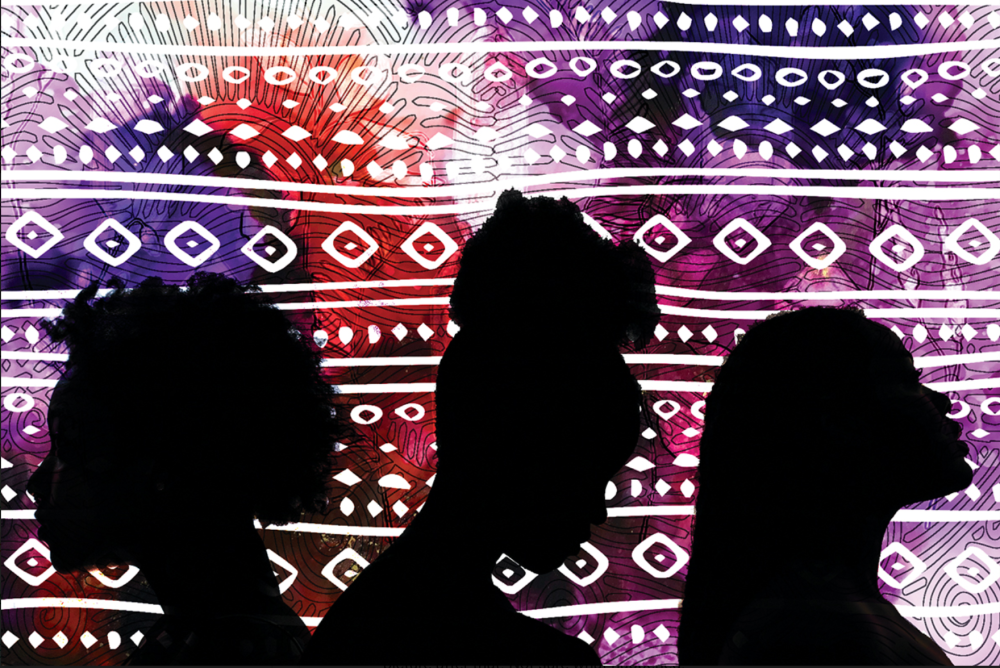Why some young Black Christians are practicing hoodoo
The ancestral religious practices of the African diaspora were forced underground by the White church.

In 1928, novelist and anthropologist Zora Neale Hurston drove her gray Chevrolet down to New Orleans to study under the city’s best hoodoo doctors. She was collecting information for a book on Black American folklore, and when Mules and Men was published seven years later, Hurston declared that hoodoo was “burning with a flame in America, with all the intensity of a suppressed religion.”
In calling hoodoo suppressed, Hurston was making a point about the resilience of people in the African diaspora. Enslaved Africans who were brought to the United States and forcibly converted to Christianity didn’t unlearn the spiritual practices of their motherlands. As a matter of survival, some of these practices—like hoodoo—were taken underground. Others—like spirit possession, reframed as “catching the Holy Ghost”—were ensconced in Black church culture.
Today, some Black millennials and Gen Zers are trying to reclaim, as best they can, the original beliefs of their African ancestors—while maintaining their ties to Christianity. In various degrees, they’re diving into practices associated with indigenous African cosmologies like herbal magic, communication with ancestral spirits, and the use of sacred objects. They’re determining for themselves what is “evil” and what has merely been maligned by White supremacy in the church.




